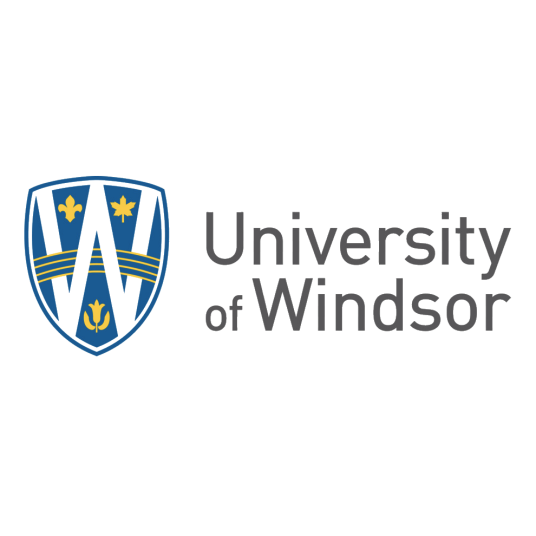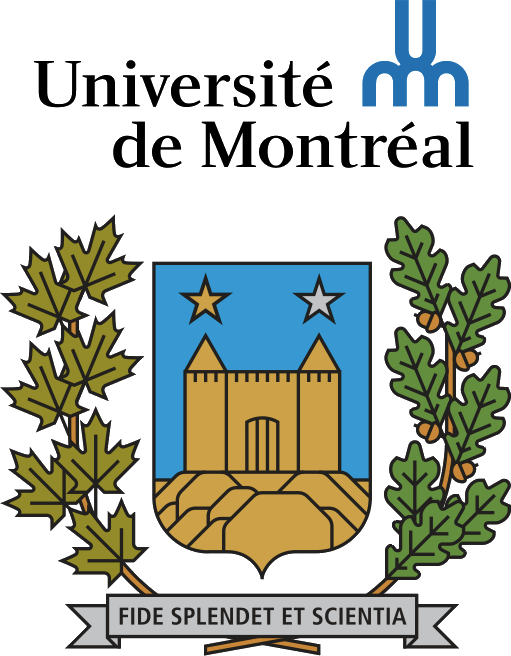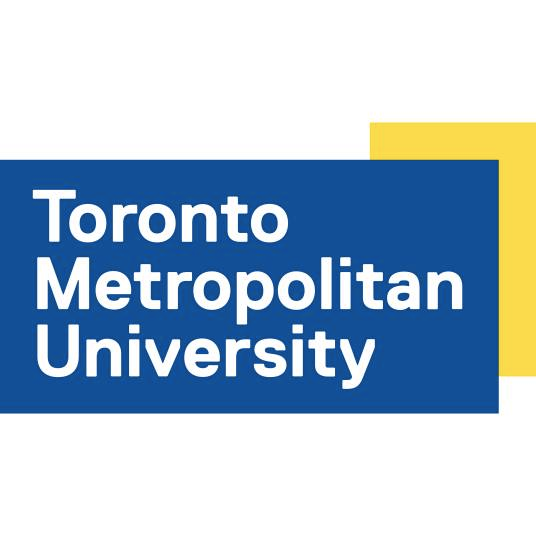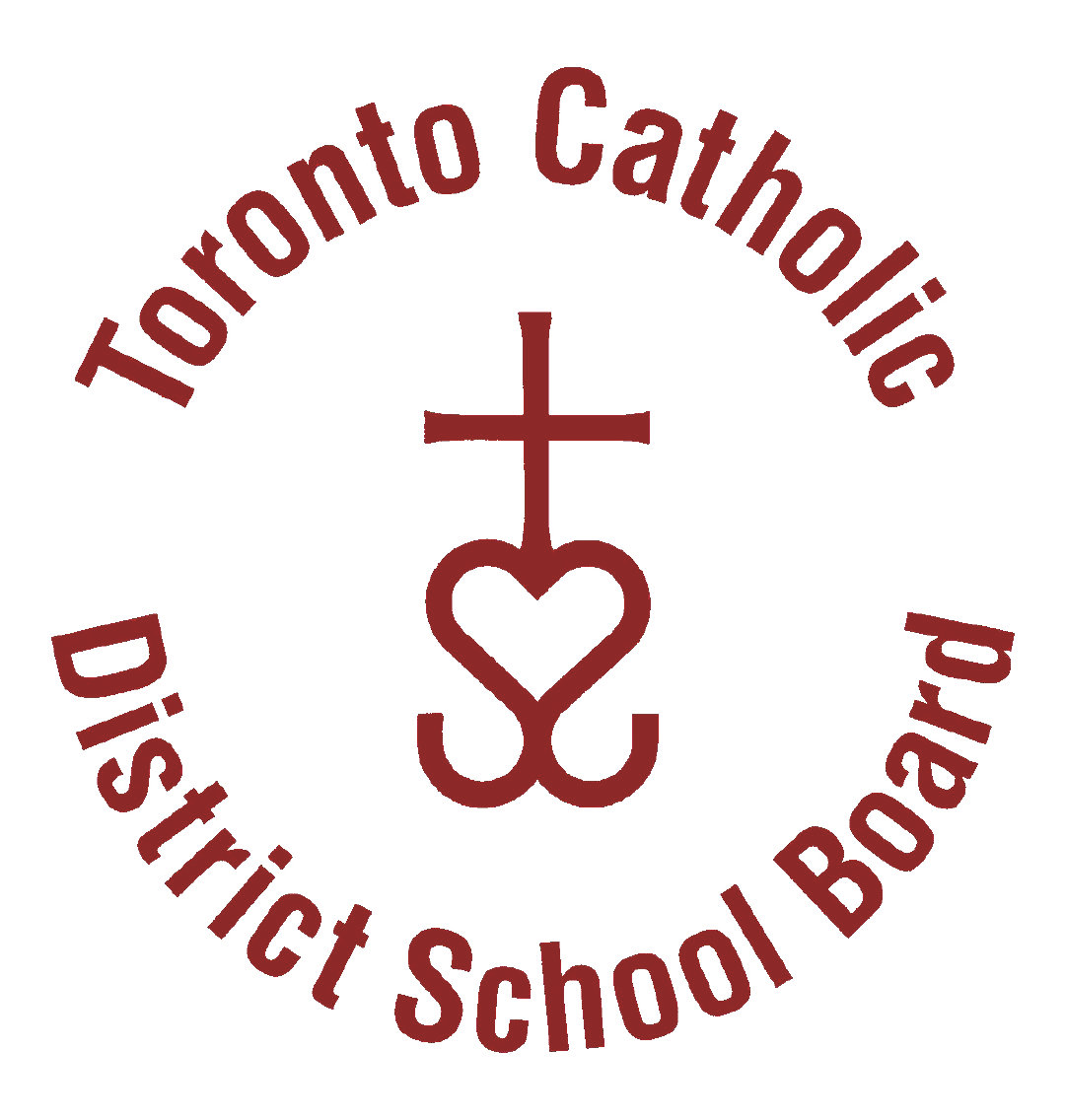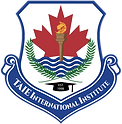Why study in Canada?

01. High-quality teaching
- More than 200 educational centers around the country, with 26 universities are in the list of the QS World University Rankings in 2019.
- Famous for its research areas training
- Internationally recognized qualifications
- Immigration opportunities: students are allowed to stay up to three years after graduation; the country offer many settlement policies in different states

02. Cost savings
- Tuition fees are considered more affordable than the fees in the UK, US or Australia, only 18,650 USD / year, not including the scholarships.
- Students are allowed to work 20 hours / week during term time and 40 hours / week during holidays.
- Many job opportunities in big cities, including both part-time and full-time jobs.
- Students can stay to work up to 3 years after graduation with a competitive salary.

03. Immigration opportunities
- Attractive Open-door Immigration policies for international students.
- From 2019 to 2021, Canada welcomes around 1,050,000 immigrants.
- Canada has a high rate of immigration and people are always welcomed from any corner of the world.

04. High-quality living standards
- Ranked 1st in living standards for many years.
- Excellent work and study environment.
- Canada has made it into the list of top ten richest countries of the year — in terms of privately owned wealth, property, assets, and cash.
- Quality health service and many available free services.
Fees
In general, study fees in Canada is less espensive than other countries.
1. Tuition fees
You can find many scholarships that cover 20-50% of tuition fees and even fully-funded scholarships in the UK, Australia or America. However, finding scholarships to study in Canada is more difficult, often the fees covered is not high. Only a few top universities offer big scholarships. Therefore, you should have a clear and detailed financial support plan and should not expect too much on scholarships or tuition waivers. However, the tuition fees in Canada are considered the lowest among the countries belonging to the Commonwealth Group, including the UK, Australia, America, Canada, and New Zealand.
- High school: 12,000 – 23,000 CAD / year (around 8,700 - 17,800 USD / year)
- College: 14,000 – 19,000 CAD / year (around 10,200 - 13,800 USD / year)
- Balchelor’s degree: 20,000 – 54,000 CAD / year (around 16,600 - 39,400 USD / year)
- Mater’s or PhD degree: 20,000 – 50,000 CAD / year (around 16,600 - 36,500 USD / year)
2. Accommodation
Rental costs in big cities in Canada are quite affordable.
It is recommended to live in the school dormitory if you have just arrived in Canada to get used to the new life. After 1 year, international students often choose to live in a homestay or a share house and cook for themselves to reduce the costs.
| Types | Per year |
|---|---|
| Dormitory | 3, 000 – 7,500 CAD/ year (around 2,200 - 5,500 USD / year) |
| Homestay (living with natives) | 2,500 – 6,000 CAD/ year (around 1,800 - 4,400 USD / year) |
| Share house | 1,200 – 2,000 CAD/ year (around 880 - 1,400 USD / year) |
3. Cost of living
International students usually spend 600 – 900 CAD/ month (around 437 - 656 USD / month) on average for living expenses. The costs could increase if you are living in big cities. In general, the estimated living costs include:
- Travel cost: bus, subway tickets, etc. from 140 CAD/ month (around 100 USD / month). You can save money if you live nearby schools or in a dormitory.
- Phone bills: from 60 CAD/ month (around 44 USD / month).
- Food: 250 – 300 CAD/ month (182 - 218 USD / month) if you cook yourself.
4. Cost-saving tips
- Work part-time jobs: those over 18 will be allowed to work part-time. Some typical part-time jobs are waiters, cashiers, nail artists, etc.
- Hunt for big sales seasons during summer and winter times.
- Using discount services for students (e.g., shopping for clothes, data cellphones plan, technology devices)
What to prepare to study in Canada?
1. Visa
Visa application to study in Canada involves many stages, thus needs careful preparation. You need to prepare the following documents:
- A passport that must be valid for another six months
- Recent qualifications, academic transcript
- English-language certificates are preferable
- Financial Documents
- School offer letter
- A Statement of Purpose (SOP)
- International students applying through SDS Canada will not need to show proof of financial documents but are required to deposit 10,000 Canadian Dollars as GIC (Guaranteed Investment Certificate).
Overall, Canada visa application process is quite complicated. For more support, please contact InterGreat and IELTSOnlineTests.
2. English proficiency tests
Depending on the field of study and the school / university that you apply to, these are some required English proficiency tests:
- IELTS Academic
- TOFL iBT
- PTE Academic
- C1 Advanced
3. Personal medical records and Biometrics
The Canada Embassy requires each candidate to provide Personal medical records and Biometrics (fingerprints and photograph).
4. Financial conditions
To successfully pass the visa processing interview, you need to proof financial payment of at least 3 years of study in Canada. The estimated total fees (tuition fees, living costs and others) on average is 26,000 - 35,000 CAD (around 18,600 – 25,000 USD).
5. Age and Education level requirements
To successfully pass the visa processing interview, you need to proof financial payment of at least 3 years of study in Canada. The estimated total fees (tuition fees, living costs and others) on average is 26,000 - 35,000 CAD (around 18,600 – 25,000 USD).
| Degree level | Requirements |
|---|---|
| High school Diploma | Under 18 years old, has average or good academic performance, does not require English test but must attend the school’s placement test. |
| College Degree | Minimum 18 years old, has graduated from a high school, IELTS 6.0 overall with a minimum component score of 5.5 |
| Balchelor’s Degree | Minimum 18 years old, has graduated from a high school, IELTS 6.5 overall with a minimum component score of 6.0 |
| Master’s Degree | Minimum 18 years old, has graduated from a university with minimum GPA 2.0, IELTS 6.5 overall with a minimum component score of 6.0 |
| Postgraduate Degree | Has graduated from a university / college with minimum GPA 2.0, IELTS 6.0 overall with a minimum component score of 5.5 |




 UK Study Abroad
UK Study Abroad US Study Abroad
US Study Abroad Australia Study Abroad
Australia Study Abroad Canada Study Abroad
Canada Study Abroad
